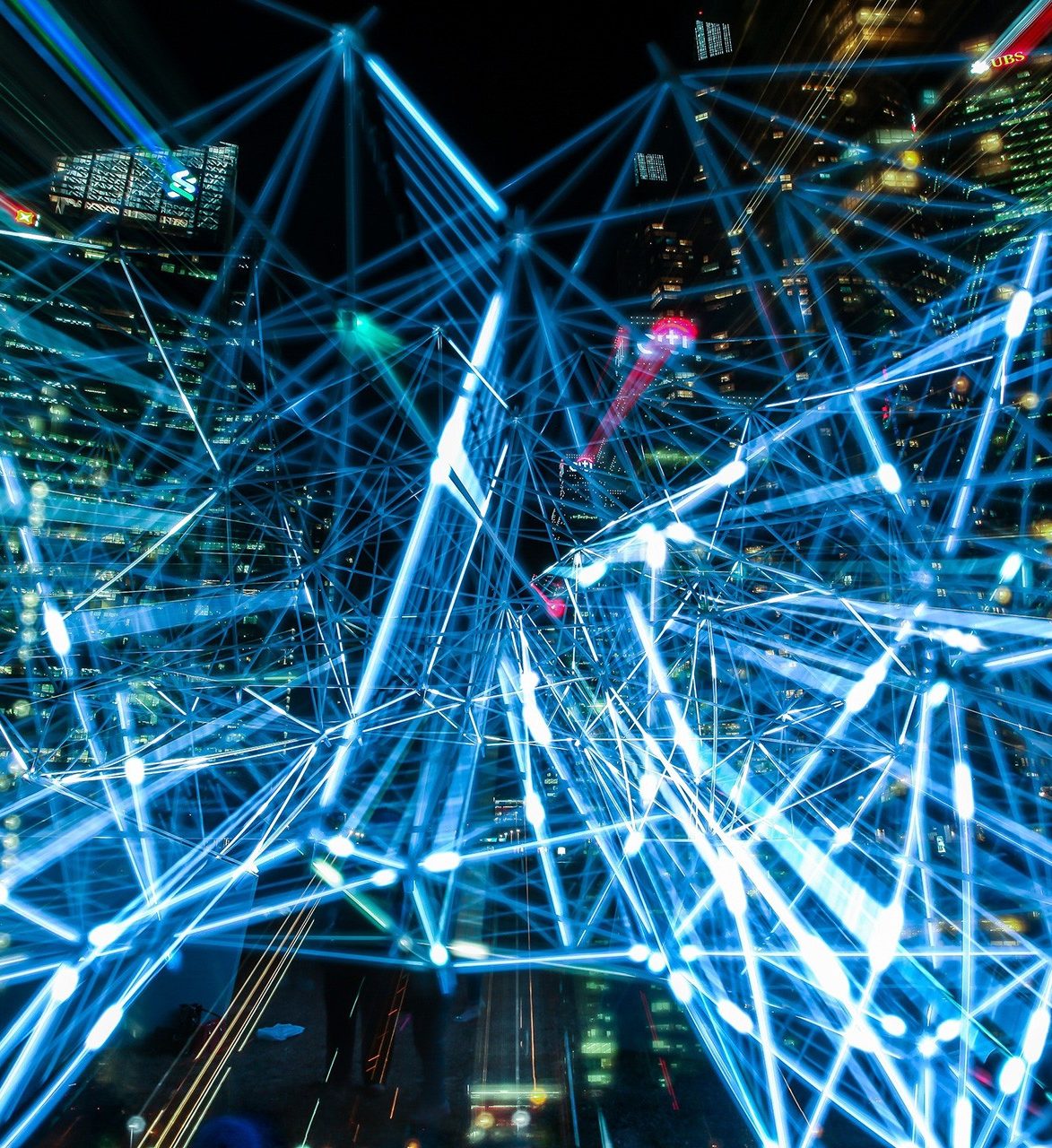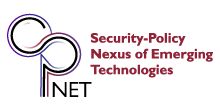The role of Artificial Intelligence (AI)
Vulnerabilities emerge as critical infrastructure — for example, the smart grid — and transportation systems, next generation air transportation systems (NextGen), and autonomous networked vehicles become increasingly reliant on AI, machine learning and data analytics.

‘How do we guarantee the safety and reliability of autonomous networked vehicles and cyberspace systems?
What are the key pillars of effective policies to address the challenges related to transparency, predictability, assurance, and accountability of the autonomous (including unmanned aerial vehicles [UAVs]), AI, and cyberspace systems?’
AI shows promising results to empower Internet of Things (IoT) functionalities to achieve autonomy. The fusion of AI and IoT leading to the concept of “AI of Things” (AIoT) introduces advantages; however, this comes with very significant and inevitable drawbacks such as security and unexplainability.
SPNET research explores the role of AI
SPNET researchers are:
- investigating barriers to transparency, privacy, security, ethics, and fairness for current and future developed AIoT systems when integrated into existing civilian and military systems and products.
- establishing appropriate legal and ethical considerations for informing the public and the AI community in terms of disclosure priorities for discovered and identified vulnerabilities of affected systems and parties.
- determining and formulating means and protocols among NATO military allies in order to share, communicate and analyze critical information and data on threats, as well as mechanisms to overcome them.
- developing best practices and protocols for identifying and specifying the requirements for safety, assurance, reliability, security, and trust for the above technologies that are developed based on both AI and machine learning approaches.
- investigating optimal policy frameworks to operationalize the above goals and objectives.


